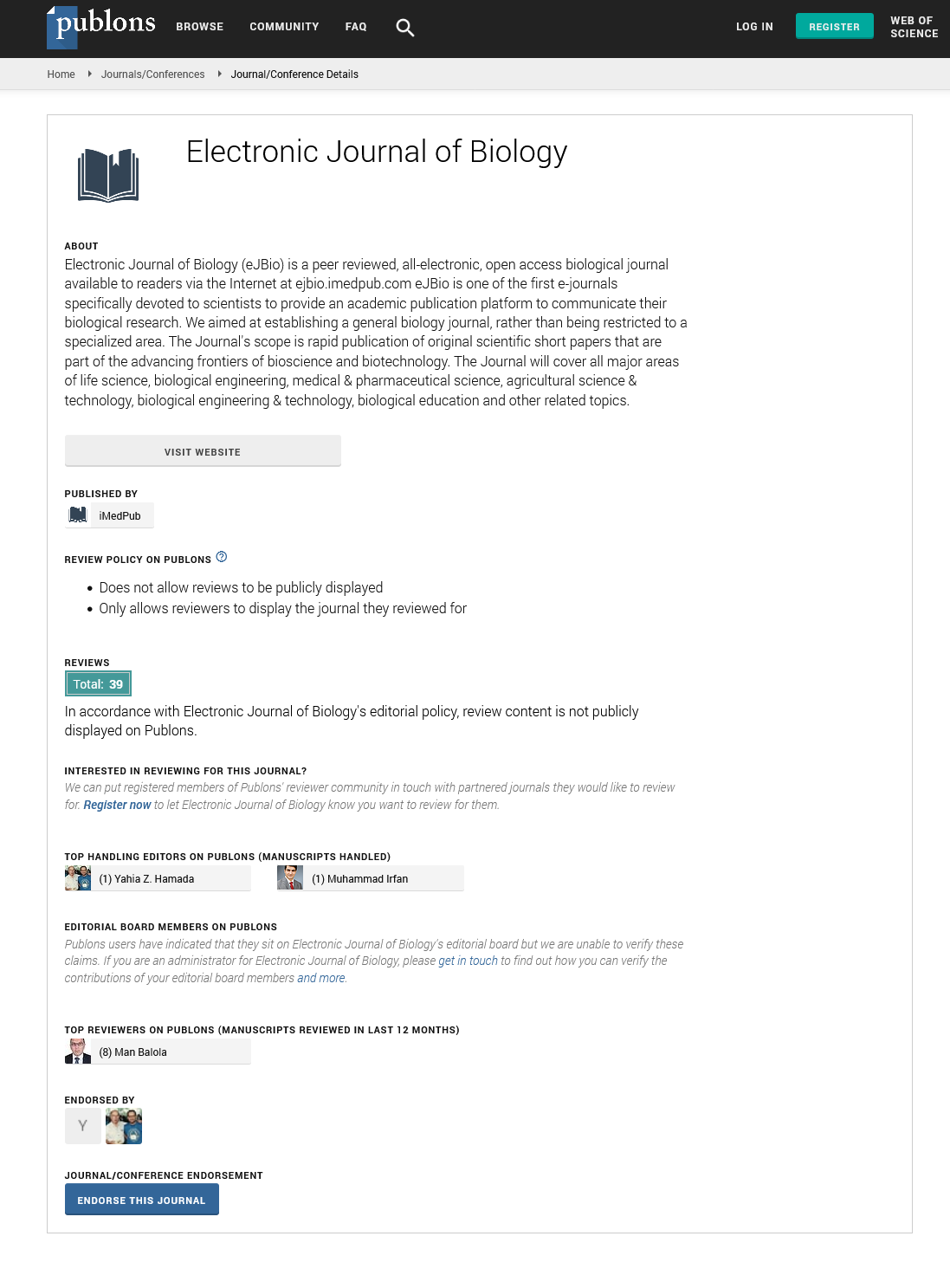Abstract
The Effects of Zirconium Oxide Nanoparticles on FSH, LH and Testosterone Hormones in Female Wistar Rats
Nowadays, nanoscience has attracted the attention of many researchers and different industries. Although nanostructures produced by nanoscience have many advantages, but their toxic and harmful effects are always the researchers' main concern. In the present study, the effects of Zirconium Oxide nanoparticles on FSH, LH and testosterone hormones were investigated in female rats. The main aim of the study was to find ways to prevent entry nanoparticles to human body. Zirconium oxide nanoparticles with dosage of 100, 200, 400 ppm doses were intraperitoneally injected to 40 female rats which were divided into 5 groups (each group 10 rats). Then, their blood samples were collected. The levels of LH, FSH and testosterone were measured by the Biochemical Kit and the groups were compared. The results showed no significant changes of studied hormones up to 200 ppm dose of nanoparticle; while in higher 400 ppm, the concentrations of LH, FSH and testosterone in the test groups were decreased significantly in comparison with those of the control group (P < 0.05). These changes are related to inhibitory effect of zirconium oxide nanoparticles on cells producing LH, FSH and testosterone functions. These findings suggest that zirconium oxide nanoparticles can change the levels of LH, FSH and testosterone in female rats that may have results in metabolic interferences and liver insufficiency.
Author(s): Shahin Omidi, Masoud Negahdary, Heydar Aghababa
Abstract | Full-Text | PDF
Share this

Google scholar citation report
Citations : 5001
Electronic Journal of Biology received 5001 citations as per google scholar report
Electronic Journal of Biology peer review process verified at publons
Abstracted/Indexed in
- Google Scholar
- China National Knowledge Infrastructure (CNKI)
- CiteFactor
- Electronic Journals Library
- Zoological Records
- WorldCat
- Proquest Summons
- Publons
- MIAR
- Openaccessarticles.com
- Secret Search Engine Labs
Open Access Journals
- Aquaculture & Veterinary Science
- Chemistry & Chemical Sciences
- Clinical Sciences
- Engineering
- General Science
- Genetics & Molecular Biology
- Health Care & Nursing
- Immunology & Microbiology
- Materials Science
- Mathematics & Physics
- Medical Sciences
- Neurology & Psychiatry
- Oncology & Cancer Science
- Pharmaceutical Sciences


